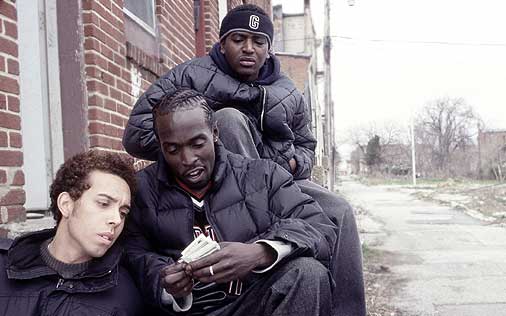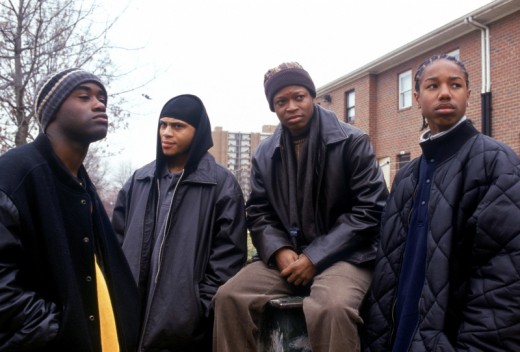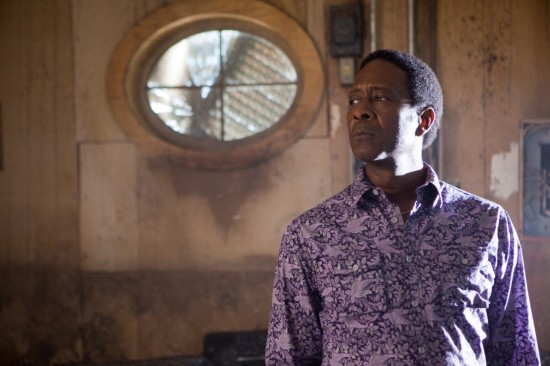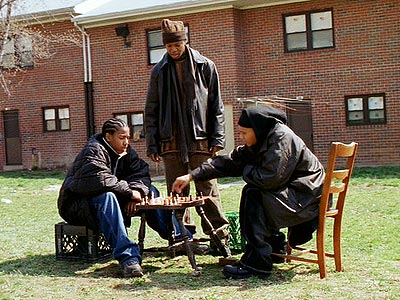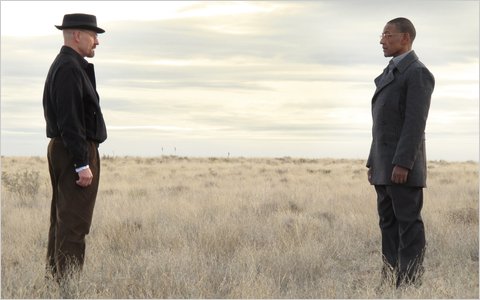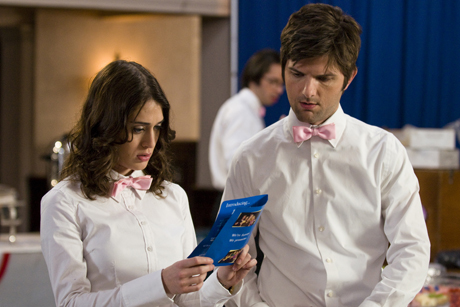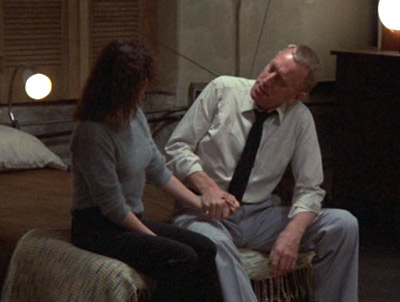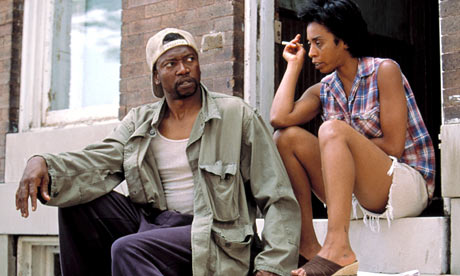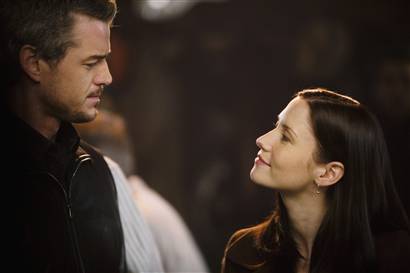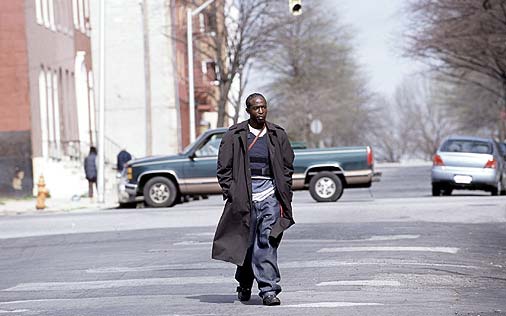 TV
TV In Which If You Want To Be Happy Don't Think
 Wednesday, June 30, 2010 at 10:40AM
Wednesday, June 30, 2010 at 10:40AM 
We've Been Hanging Out
by ELEANOR MORROW
creators Brian Elsley and Jamie Brittain
All art about young people comes across as hopelessly naive and bracingly sentimental. Kids changed all that, but it wasn't very good. Harmony Kormine went on to a sterling career as a writer of less comprehensible films, MTV ran Undressed to corner the market in PG-13 pr0n, Larry Clark founded an island in the South Pacific where he could be with whoever he wants, and then E4's Skins tried to fill the role of "telling us all about our young people."

Set in Bristol, the show follows kids through sixth form, when they are 16 and 17 years old. The idea was to follow kids from relatively difficult economic backgrounds, although we might want to rethink those ideas about class. In most ways the men and women of Skins are identical to their upper-class mirror images. Because Skins is one of the most imaginatively conceived shows of this genre, it deserves an American audience, and not in its soon-to-be dumbed down form.

What sorts of children are these? For the most part, they are desperate for love, so transparently pathetic that we forget about the evil things they do. The protagonist of the show's first two seasons, Tony (Nicholas Hoult) is straight out of Cruel Intentions, but hold on, because we never can hate anybody we know everything about. (It's partly why we love our children.) If they make a Barbra Streisand biopic — scratch that, when they make Barbra Streisand biopic she will come off as completely sympathetic and will most likely be portrayed by Alexa Chung.

The early virtues of the show consisted of its variously successful attempts at an earthy realism. You can't help but imagine that a beer-soaked copy of Less Than Zero was being plagiarised wholesale in writer's meetings, but the resulting blend of regular drug abuse, mental illness, and total alienation from the world is highly entertaining. Rebooting the series every two years was an inspired idea, and also ensures that Skins alumnae can come back to be killed off, or turned into M.I.A. in the case of the minority representative Jal.

It takes a special madness to take the joy out of being a child, but we are accustomed to effecting this as quickly as possible. It is not for the Luddites that we bemoan this worldly process, it is because we are sapping the thrill of discovery from new travellers. Instead of a reason for joy, education is turned into something we resent because of what it takes away from the rest of our lives rather than what it adds to it.

Kids portrayed this in a way acceptable to Roger Ebert, which is itself a kind of violation. There was something deeply disturbing about watching HIV-positive Telly infect the neighborhood, although it's not as horrifying to watch today and in fact feels like a period piece along the lines of Emma or The Bostonians.
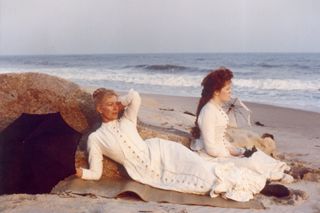
The use of birth control on Skins is relegated to those moments when teenage sex is planned in advance, which is to say never. Condoms feature prominently in only one of the show's episodes, and then only to emphasize that Anwar (Dev Patel) has never had sex. This is perhaps a subtle hint to Britain's youth to keep reproducing at a rate commensurate with that of their Muslim peers. The sex mostly consists of shifting between various sexual positions in a rough manner so as to indicate eagerness. Once, in the first season, eight straight lines of dialogue were "I love you", and it was accurate in every case.
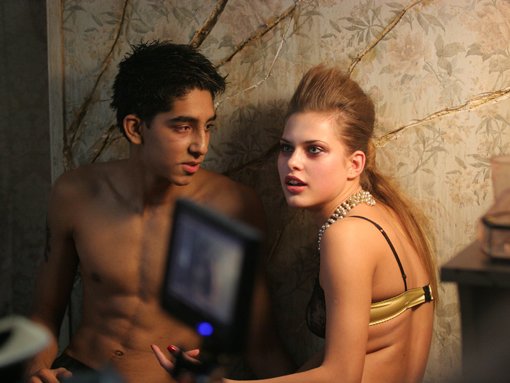 if only your mother from slumdog millionaire could see you now...oh wait Joyless and solemn the boys of Skins are, though the women rarely fare better. The sexist march of lowered expectations is painfully obvious in Michelle (April Pearson) whose greatest desire was to ape her mother's tremendous series of husbands. The men, in contrast, are burdened with all of the unpleasantness and as such are permitted a greater freedom of expression.
if only your mother from slumdog millionaire could see you now...oh wait Joyless and solemn the boys of Skins are, though the women rarely fare better. The sexist march of lowered expectations is painfully obvious in Michelle (April Pearson) whose greatest desire was to ape her mother's tremendous series of husbands. The men, in contrast, are burdened with all of the unpleasantness and as such are permitted a greater freedom of expression.

The sort of friends you have when you're young are always a sorry lot. A neighborhood is full of them — you simply can't avoid the people you live with, any more than you can avoid having extra-sized ears if you're Katie Holmes. Most entries into this genre turn the neighborhood youth into adults with smaller bodies, and Skins does some of this, including the reading passions of its erudite antihero.
 Three o'clock is always too late or too early for anything you want to do. There's also a hefty dose of afterschool special, proving straights and gays equally enjoy sitting on the green, crying and smoking spliffs. Going to sixth form is pretty much a dream with a lot of free time and your classmate is the guy from Slumdog Millionaire. Without mentioning the contemporary culture (outside of dubstep and heroin injections) more than once, Skins is entirely of this time, where some kind of unpleasant notoriety is always lurking on the periphery.
Three o'clock is always too late or too early for anything you want to do. There's also a hefty dose of afterschool special, proving straights and gays equally enjoy sitting on the green, crying and smoking spliffs. Going to sixth form is pretty much a dream with a lot of free time and your classmate is the guy from Slumdog Millionaire. Without mentioning the contemporary culture (outside of dubstep and heroin injections) more than once, Skins is entirely of this time, where some kind of unpleasant notoriety is always lurking on the periphery.

One of the biggest myths about adolescence is that it is full of important decisions. In fact, adolescence is all about never having to make a decision. Can we even imagine what an alien race would think of us, going from piano lesson to the orthodontist with a frequency unknown outside of this dying planet? More than anything, contemporary day-to-day is fraught with completely variegated experience, an acquired taste for most of us and entirely unknown to those who've never experienced it. The adults of Skins, because they're from the previous generation, can never really understand.

It's actually somewhat funny that a show which insists on portraying the reality behind young lives is so painfully bad at imagining the mystery and purpose of adult ones. Yes, things are rightly more dramatic when experienced for the first time. This is a strong virtue of such moments, distinguishing them from everything else. But it is a weakness to be innocent.
Eleanor Morrow is the senior contributor to This Recording. She is a writer living in Manhattan. She last wrote in these pages about the HBO series True Blood and The Wire.

"Good Times Gonna Come" - Aqualung (mp3)
"Sea of Glass" - Tom Middleton (mp3)
"Coconut Skins" - Damien Rice (mp3)
































